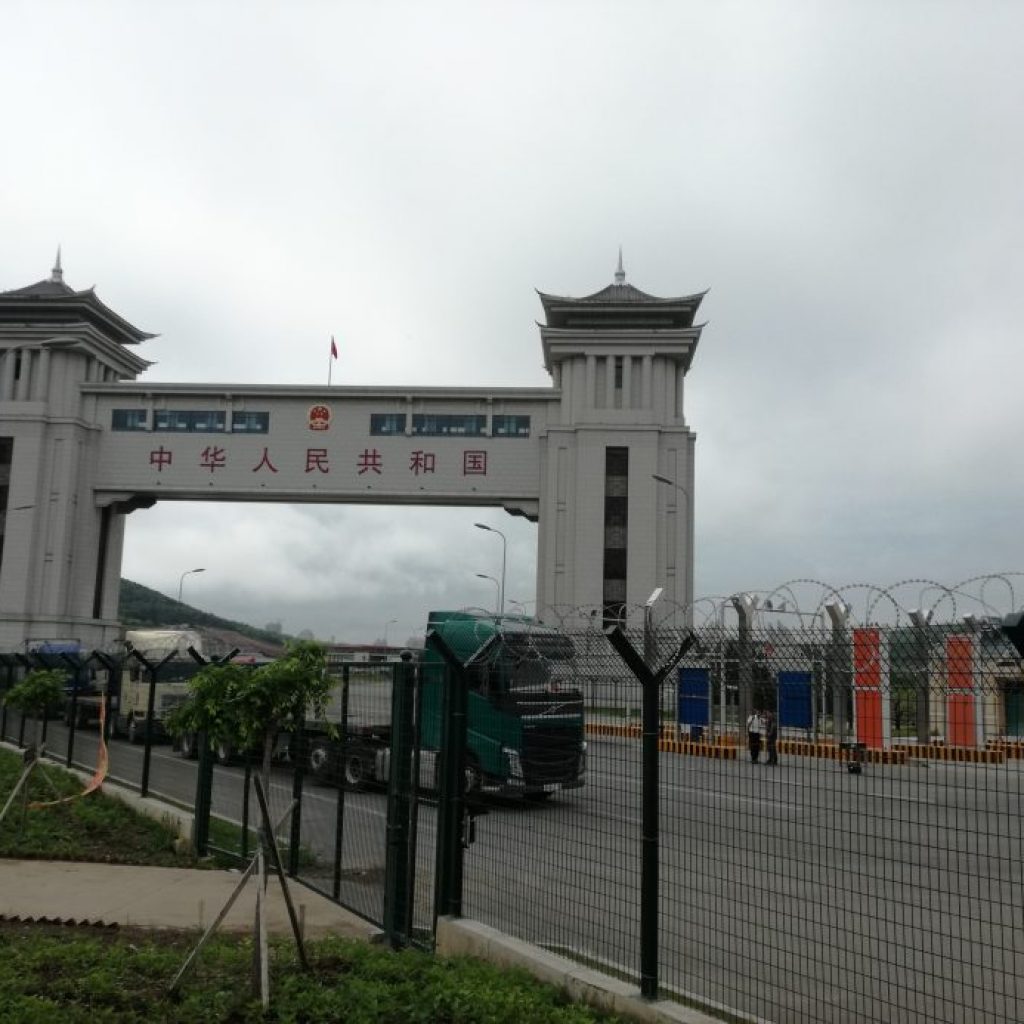RA’s Daily Russia News Blast – May 5, 2020

Today in Russia: Brent crude rebounds; Cases continue to climb, making it the world’s 6th most infected; Nizhny Novgorod mayor resigns; Kadyrov ups the threats as his Republic continues strict lockdown; Fed. Council proposes recognizing COVID-19 as force majeure event; Germany issues arrest warrant for Russian hacker also accused by US; New York Times Pulitzer prize-winning articles blasted by Russian Embassy; COVID-19 could lead to house price collapse; Details of the China-Russia COVID-19 border standoff; Norway-Poland pipeline begins construction
Brent crude rose above $30 for the first time since mid-April on the hope that the easing of lockdown restrictions in Asia and some European countries may increase demand. But fears over a lack of storage for excess crude may still blunt any price recovery.
COVID-19 cases in Russia continued to climb, with another day of over 10,000 new cases bringing the total confirmed cases to 155,370. Russia is now the world’s sixth most infected country.
The mayor of Nizhny Novgorod resigned [in Russian]. While it has not yet been confirmed, multiple outlets have reported that Vladimir Panov will be appointed to a “federal-level” position [in Russian], believed to be [in Russian] at Rosatom, the federal nuclear agency.
Ramzan Kadyrov, the hard-line ruler of the Chechen Republic, has instituted one of the country’s strictest quarantine measures in Russia and has defied the federal authorities by unilaterally closing the border of his Republic from the rest of the country. He has also issued numerous bombastic threats to his citizens, saying that those who defy quarantine should be “killed.” Most recently, after videos surfaced of police chasing down those defying quarantine, Kadyrov said that those caught filming such incidents should be put to work as janitors on the front lines.
The Federation Council has proposed that COVID-19 be declared a force majeure event in Russia, Kommersant reported. Such a move would “allow thousands of legal entities to avoid responsibility for non-fulfillment of contractual obligations.” However, the First Deputy Chairman of the Federation Council Nikolai Fedorov said that such a measure “cannot be universal” for all debtors. A proposal is set to be presented by a working group to the Council’s chairman on May 15.
Germany issued an arrest warrant for Dmitry Badin, a suspected Russian military intelligence officer who has been accused of hacking servers in the Bundestag, the German Parliament. Badin is also wanted by the United States for alleged interference in the 2016 presidential election.
The New York Times won three Pulitzer Prizes on Monday, one of which being for a series of articles on Russia. The Russian Embassy in the US blasted the award, writing on its Facebook page that, We consider this series of articles by the The New York Times about Russia as an excellent collection of undiluted Russophobic fabrications that can be studied as a guide for creating false facts.” The Embassy also said that the articles contained “statements that are repeatedly rejected not only by Russian officials, but already by life itself.” Furthermore, Roman Badan, the Editor-in-Chief of independent Russian outlet Proekt wrote on his Facebook [in Russian] that one of the award-winning stories was reported by his outlet previously in both English and Russian and received no attribution by the Times.
Home prices in Russia could fall by up to a third over the next two years, according to [in Russian] the Institute of Urban Economics, a think tank. While this could cause big problems for lenders, the Director of the Institute Tatyana Polidi wrote that a side-effect could be a much-needed modernization of the structure of the industry. She wrote, “The housing sector in Russia is quite archaic in its institutional structure — a narrow choice of housing formats, poor variety of architectural and urban planning projects, and weak penetration of new technologies. In my opinion, overcoming such archaism is much more likely in a recession, rather than during a period of economic growth.”
China and Russia have tried to emphasize their continued close partnership and cooperation during the COVID-19 outbreak. However, the closure of all borders – especially the main border between Russia’s far-eastern Primorksy Krai region and China’s Heilongjiang province, has led to chaos. Thousands of Chinese nationals flew from Moscow to the far-eastern city of Vladivostok before attempting to proceed by land back to China to flee the COVID-19 outbreak. After the exodus of Chinese nationals from Russia back to China led a surge in cases in the border city of Suifenhe, the Chinese authorities shut the border, leaving thousands of Chinese nationals stranded on the Russian side, and raising fears that Primorsky Krai could face a wave of infections from the thousands of Chinese nationals stranded on its side of the border.
The Diplomat writes that the Governor of the Russian region begged Moscow to ban Chinese nationals from domestic flights last month, but this never happened. The region lacks a modern infectious disease clinic, and a public health disaster may be looming. China, by contrast, “is taking no chances” and quickly increased capacity in Suifenhe to deal with the outbreak. The Diplomat concludes, “The difference between China and Russia’s efforts to ease the mounting pressure building at their border is telling. Primorsky’s administration has appeared defeatist, passively awaiting and accepting its fate. Heilongjiang, by contrast, has been decisive, if at the expense of its residents across the border. It illustrates what analysts describe as an asymmetric and unequal power dynamic between China and Russia.“
A gas pipeline began construction between Norway and Poland. It is hoped that the pipeline will wean Poland off of its near-total reliance on Russian gas. Polish President Andrej Duda said the Baltic Pipeline will be operational in October 2022 and its capacity will be 10 billion cubic meters.
PHOTO: The China-Russia border in the far east between the Primorsky Krai region and China’s northeastern Heilongjiang province (Ankur Shah and Vivek Pisharody/The Diplomat).











